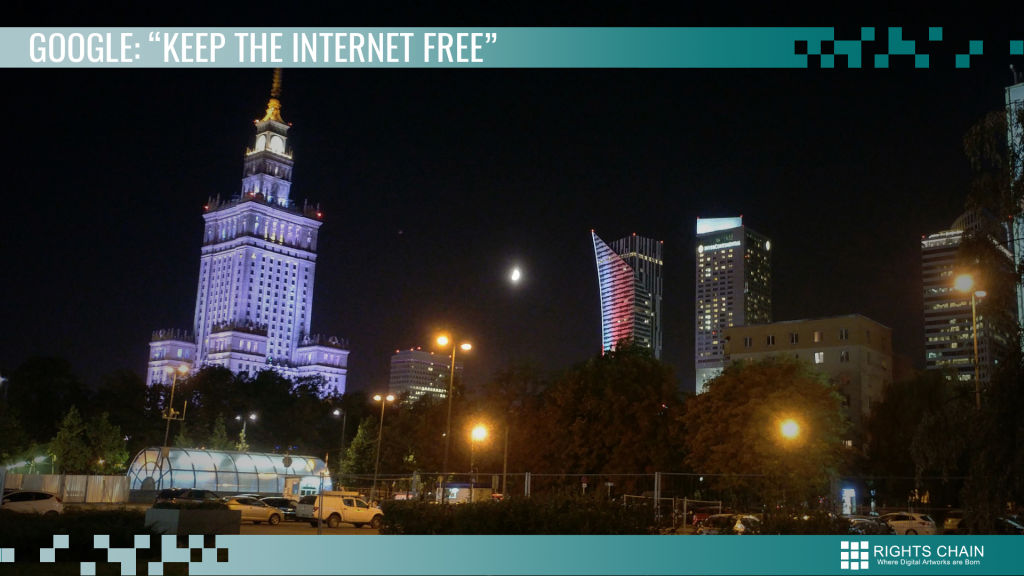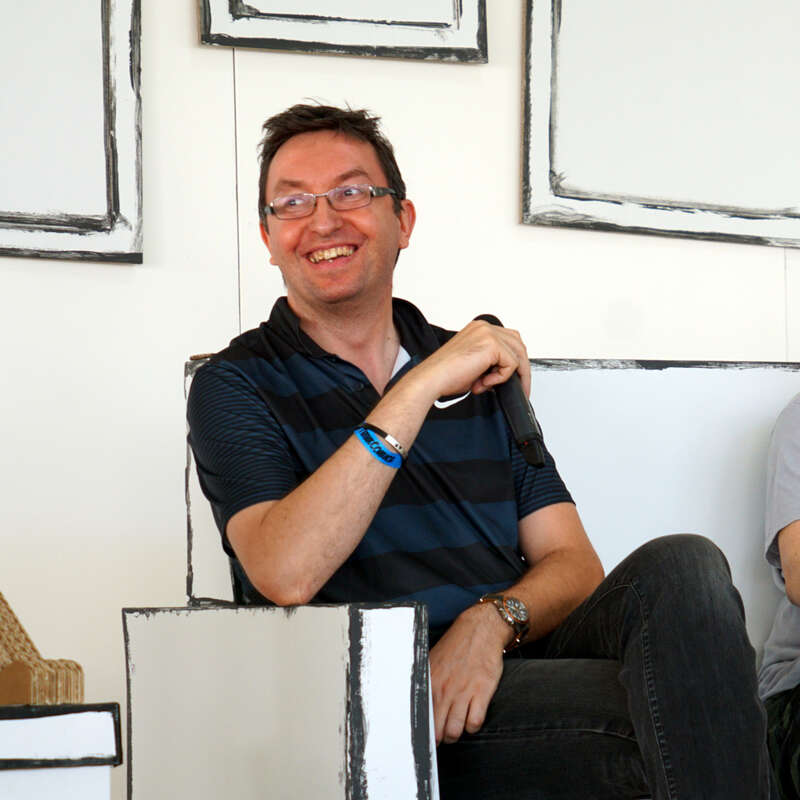Keeping the Internet free, according to Google

- 2018-04-18
- Sebastian Zdrojewski
- Copyright
The point of view of big corporations sharing content, is always interesting. Since Artists of all kinds use platforms such as YouTube, Facebook, or Twitter to share their work, the behaviour of these platforms in matters of copyright is too often overlooked.
Jan Kottmann, “Senior Policy Counsel” at Google Germany, spoke about the Google point of view on the issue of copyright and content sharing.
Big platforms such as social networks and search engines are currently faced with pressing matters: fake news, cyber-bullying, hate speech, terrorist propaganda, the right to be forgotten and piracy.
If the bill introduced by the European Commission should be approved (Art. 13, par. 38) these giants could be faced with sanctions up to 50 million Euros, if they should not be quick to intervene in the case of a violation. Google has already invested in creating the "Content ID" technology for YouTube, to safeguard the copyright of published content. The system works so well that it is responsible for 99.5% of musical copyright infringement warnings.
Kottmann reported a "funny" incident of a Twitter user who claimed to be the author of a joke that was going around social networks. It resulted in thousands of tweets being removed due to this claim. Google itself has already removed over 800,000 links from the search results, following up on the requests of EU users availing themselves of the "right to be forgotten".
If this bill should come into force, the big content providers (Facebook, Twitter, Google, etc.) would be faced with a dilemma about following the "moral" duty to let the Internet be a place where sharing and expressing oneself is free, while risking sanctions up to 50 million Euros. The answer, unfortunately - or luckily depending on the situation - is always the same: the content is immediately removed. Just like with the British Library, which ended up limiting access to Hamlet by William Shakespeare, through a "hate speech" filter.
There's another issue in this field, too. As Kottman said (and as we also said in this post some time ago), “technology is radical and blind”. It is unable to understand whether an Artwork is protected, or if the uploader holds the rights to share it. In time, this could lead to these websites applying a "shoot first, ask questions later" policy.
All this turmoil, which is an attempt to "safeguard Artists' intellectual property", could also end up leading to the opposite outcome, with thousands of contents being indiscriminately and radically removed. And if this seems to be a distant and unlikely scenario, you should know that in Germany the content filter system came into force on October 1st, 2017, and it concerns all video-sharing portals and social networks counting over 2 million users residing in Germany. What will these content giants decide? Will they keep allowing Artists to share and express their creativity, or will they choose to remove all content to avoid the possibility of being sanctioned?
Jan Kottmann's speech is available on YouTube at this link (1:20:00).
